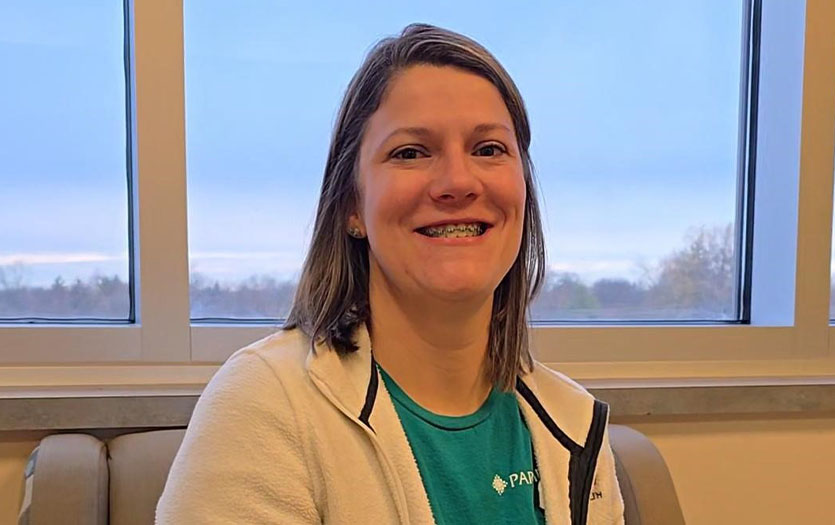
This post was written by Rev. Ken Weaver, LCSW, LMFT, LCAC, Hospice Chaplain, Parkview Home Health and Hospice, and reprinted with permission from Touching Lives Magazine © 2020 SRI Media, Inc.
In 25 years as a hospice chaplain, I have walked the last stretch of life with more precious people than I can readily remember. Precious lives survived by strong and courageous loved ones. Life coming, life going, life going on.
In the darkest days of grief, people often ask the same questions: “How long will this last?” “Will it ever end?” “When will I get used to this?” “What can I do to get through this?” “Will I ever want to be alive again?” “How do people survive this?” Although the struggles and questions are often remarkably similar, each individual and life situation is unique. Our grief is uniquely our own. Parkview Hospice draws on the work of psychologist Alan Wolfelt, PhD, to help family members during their grief journey. Dr. Wolfelt teaches us that reconciling our loss and healing our pain isn’t connected to how much time passes, but it is connected to what we do with the time that passes. And over the years, to me, it boils down to three things.
Embrace
With one arm, embrace your lost loved one, hold them close. Feel the presence they had in your life, know their presence and their absence. Remember their laugh, and their love, perhaps their (righteous?) anger. Feel the void they left, the hurt, the hole, the emptiness. Soak in the lingering gifts they gave you that changed your life. With your other arm, embrace the gift of your life, your world, your breath, those you love who are still with you. Make it a long and deeply felt hug. Know who you are, where you are, who you’ve had, what you’ve been given, and what you’ve now lost. Know that the gift of your life changes radically, but doesn’t end here. There is life still ahead when you are able to engage it fully again.
Treasure
On the one hand, treasure what has been. The parent, spouse, grandparent, siblings, child, friend. Be thankful even in the pain. Feel their preciousness, let the sobs and tears flow. Open up to how your loved one made you better, stronger, how they challenged you and how you’ve grown because of them. Be thankful that what you had will still find a way into your future, even though you don’t want it this way. On the other hand, treasure what will be, in a different future for sure—and treasure the time now to invest in other relationships and activities, and even in yourself. And especially treasure that you will find a new you along the way.
Share
You can’t do the work of mourning your grief alone. With one hand reach out to share your present needs and ask for help. You need help expressing thoughts and feelings outside yourself, telling your story again and again. You need others to know what it feels like as you embrace your loss—and your life. Perhaps there are regrets, angers, fears, that need to be described over and over again until they settle in the dust of history. You may need help picking up things that need to carry on, catching on to new tasks that need to be learned. With your other hand, reach out to your future, the new and old friends that will share life’s road ahead, new adventures and old comfortable routines you will return to. Life is a precious gift, share it with your friends, old and new.
If you or someone you know is coping with loss and asking questions about the future, know this—you are not alone. Explore Parkview's Grief and Bereavement offerings, including a support group so that you can connect with others who are navigating the loss of a loved one.



